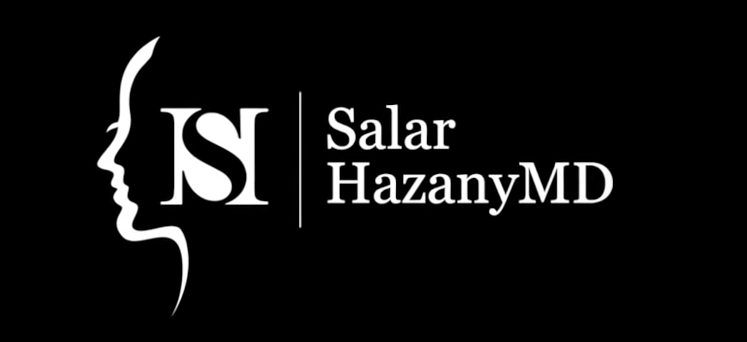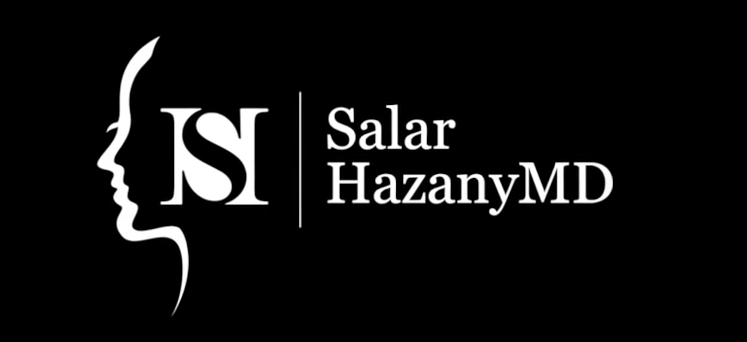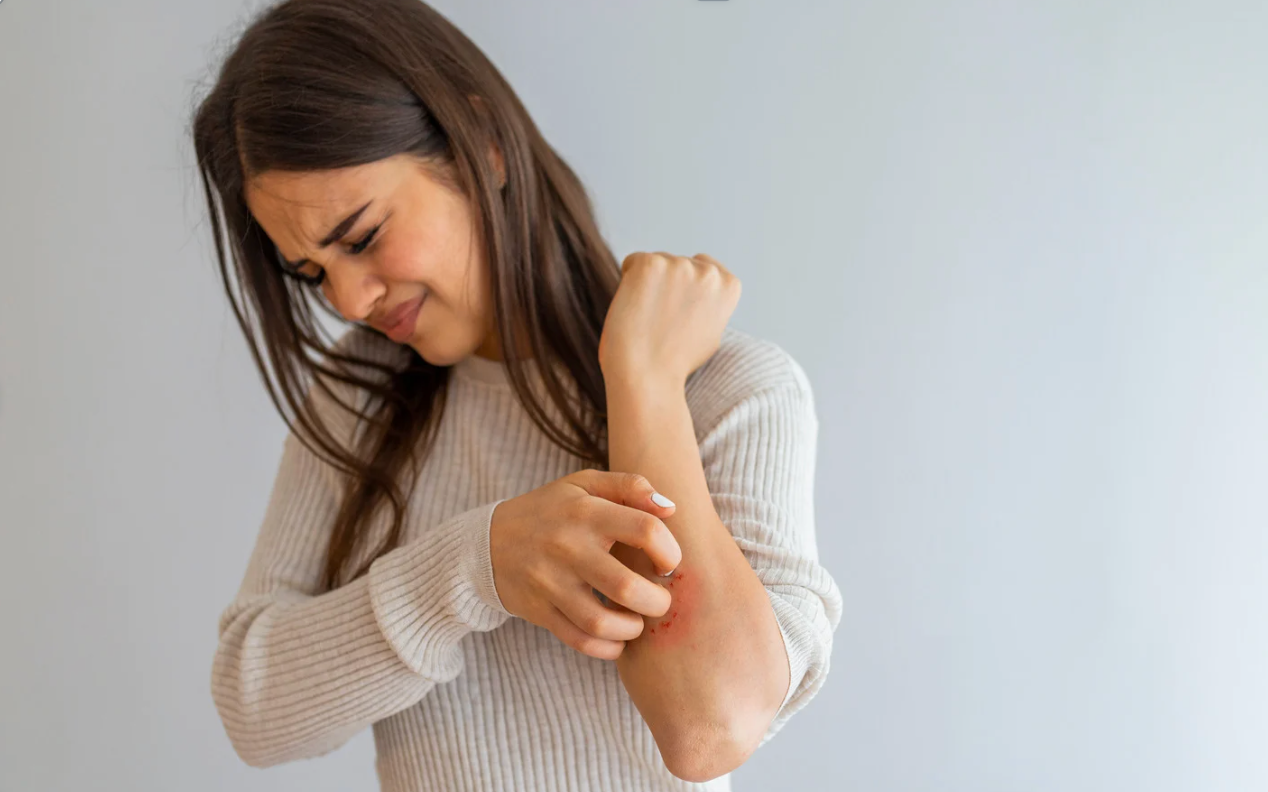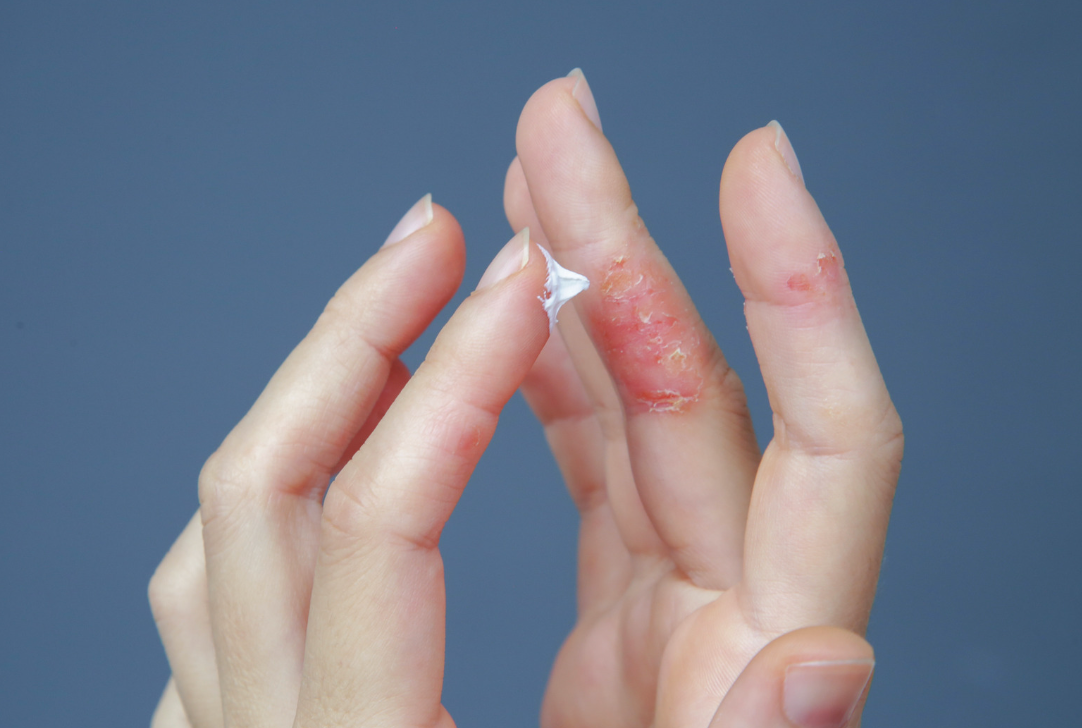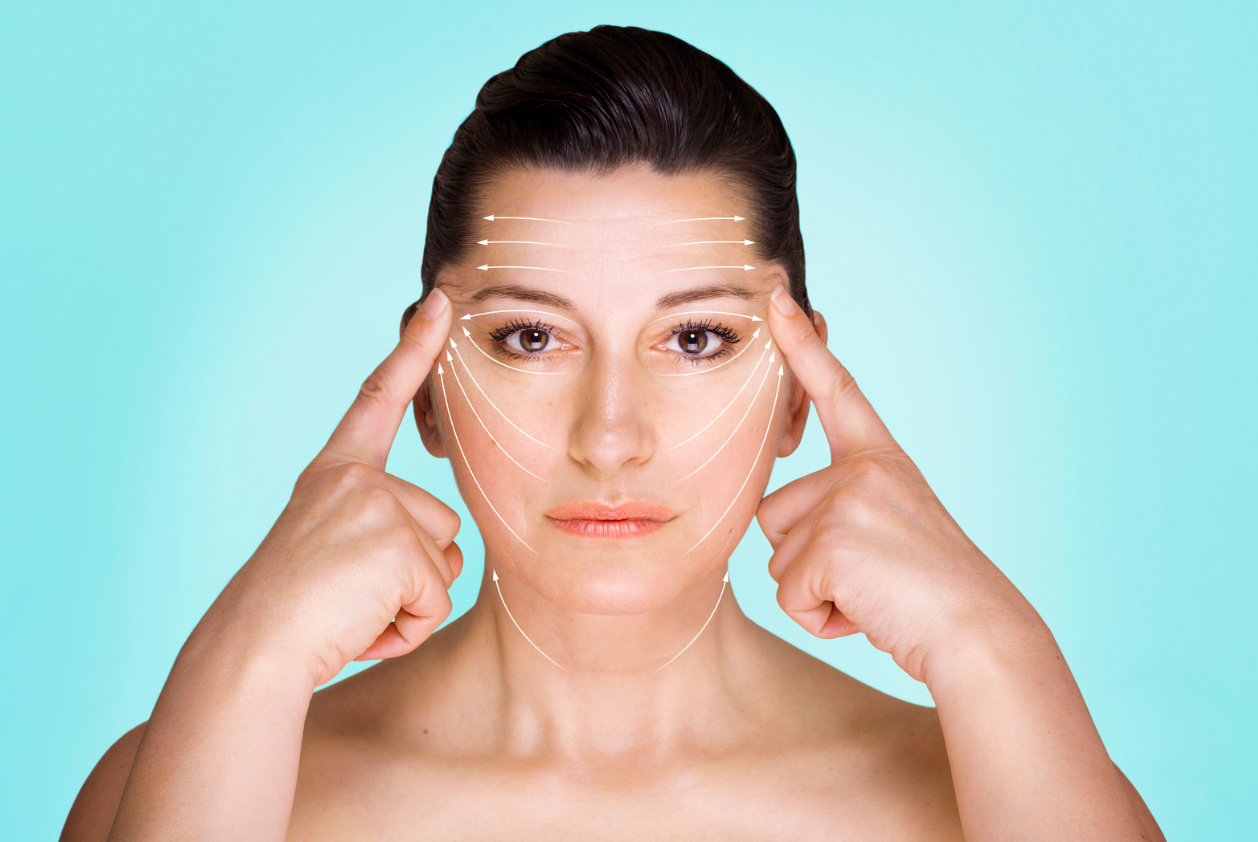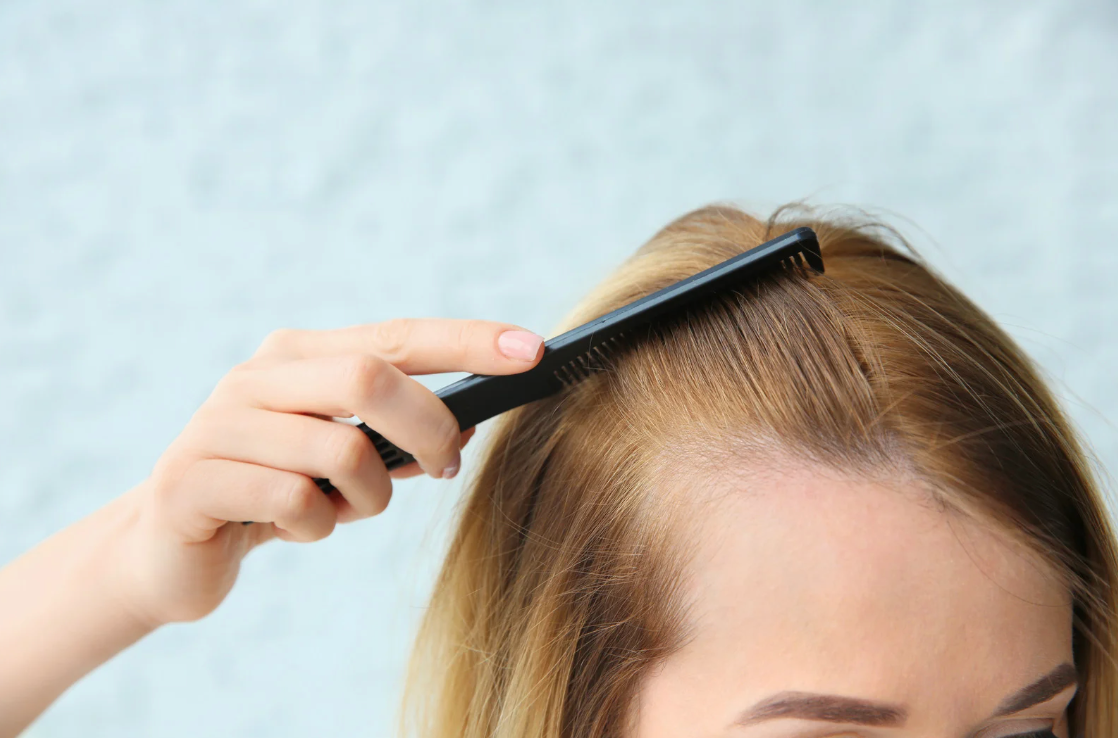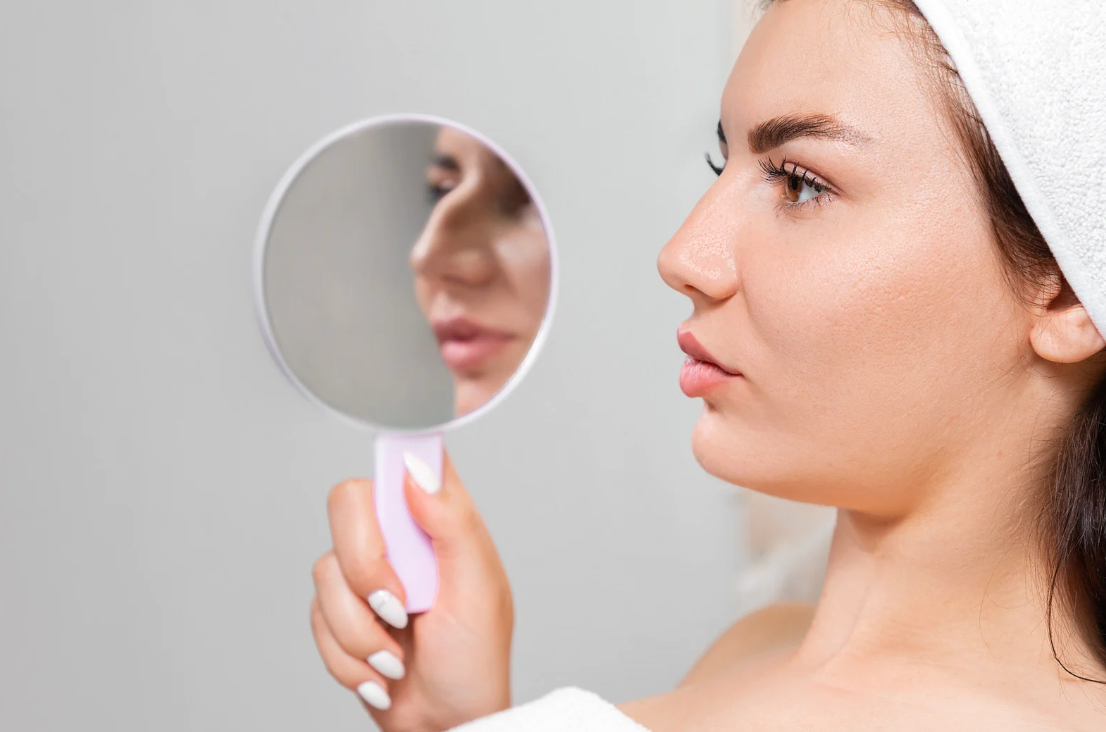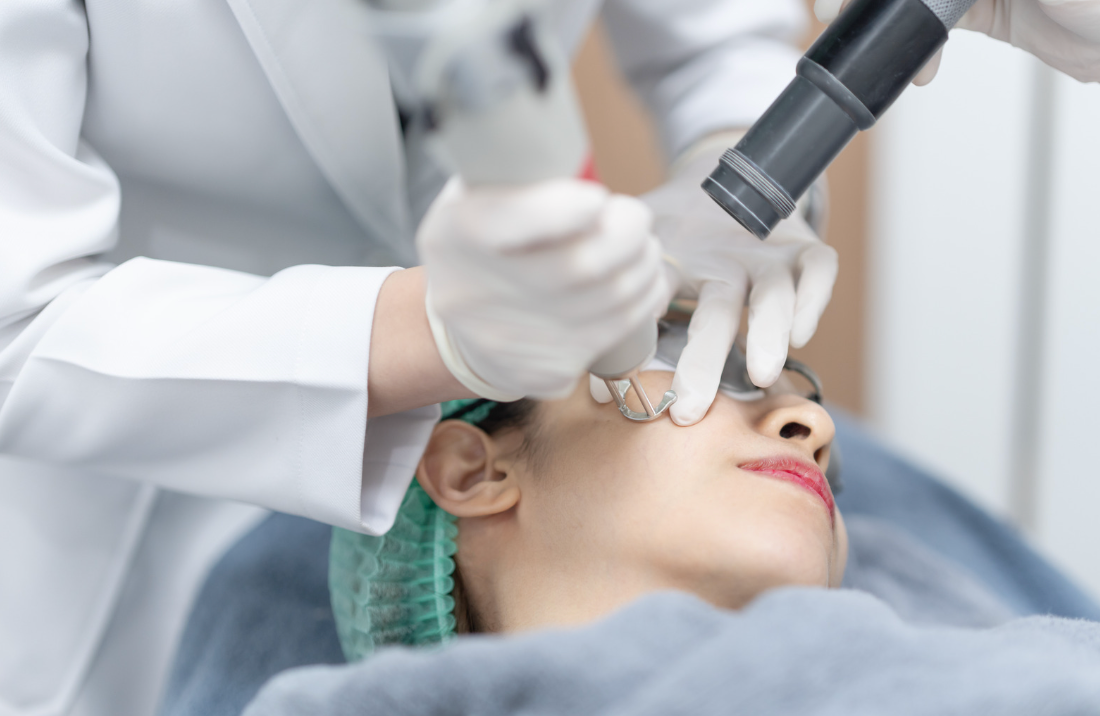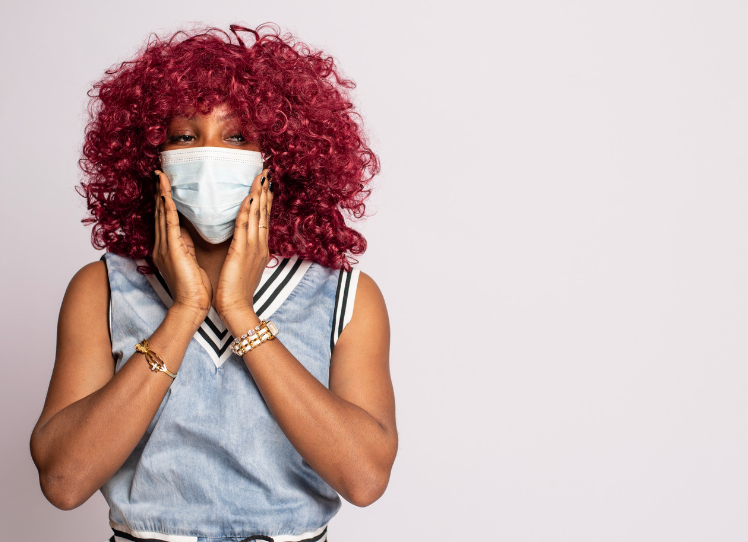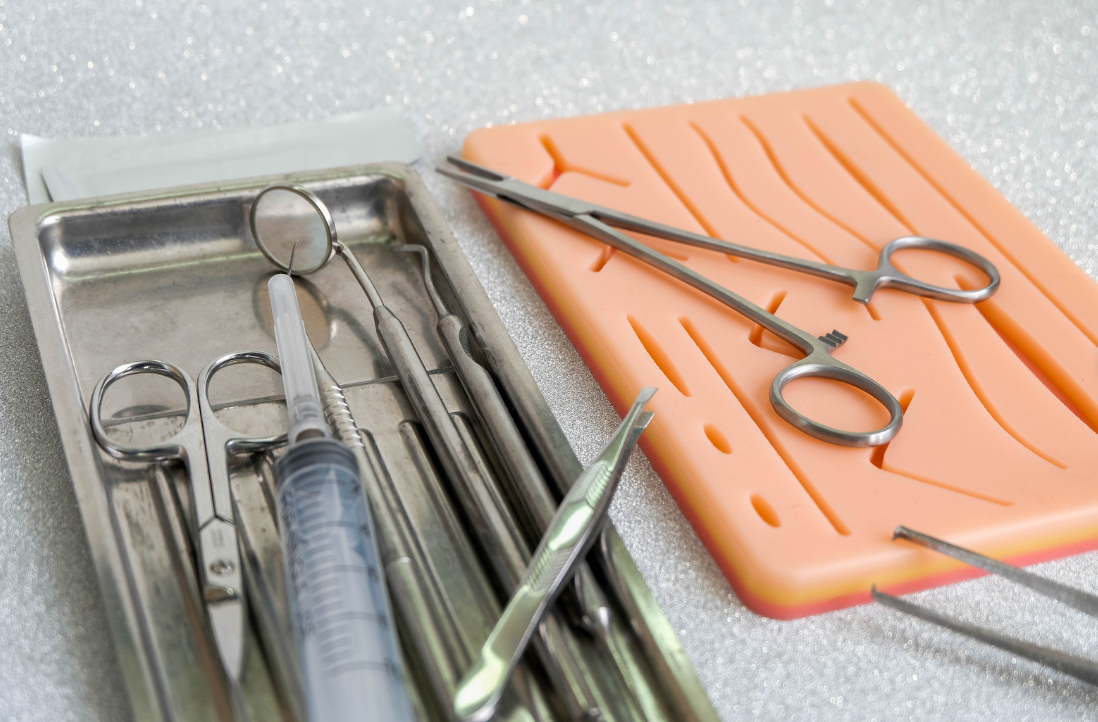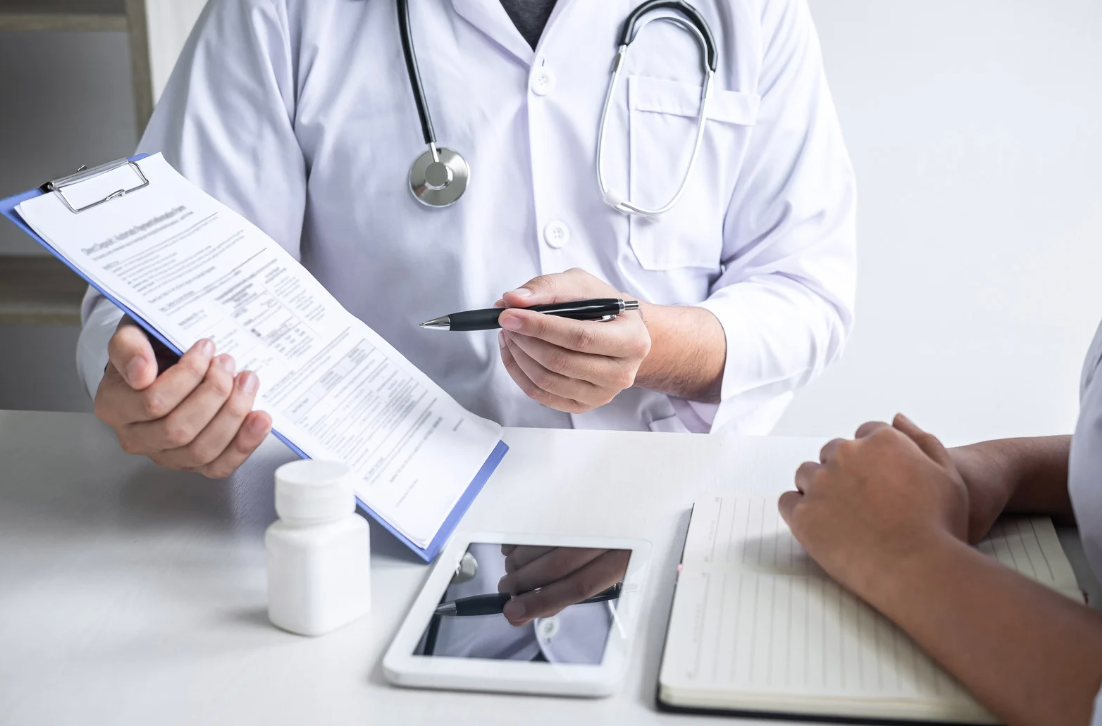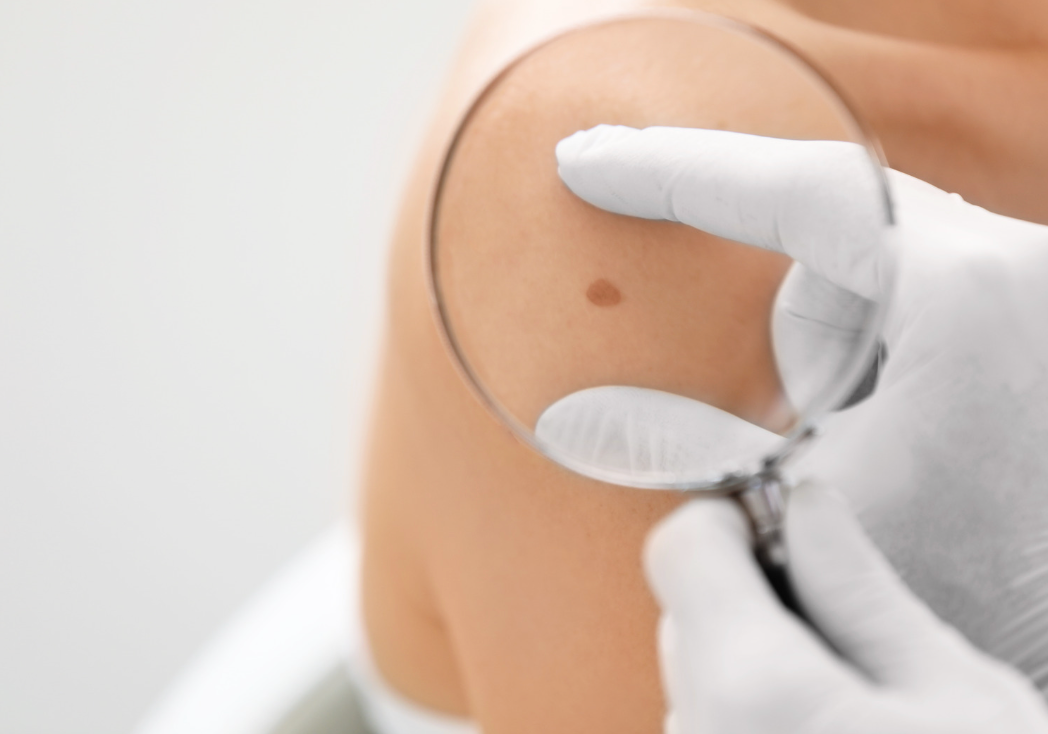Understanding and Treating Warts: A Comprehensive Guide
Learn More About the World of Warts
Warts are unsightly, persistent, and often painful skin growths. This common dermatological concern arises from viral infections caused by the human papillomavirus (HPV). This post will help guide you in understanding the underlying cause as well as available treatment options for effective management of these pesky lesions.
What Are Warts?
Warts are benign skin growths caused by the human papillomavirus (HPV). They can appear anywhere on the body, but are most commonly found on the hands and feet. Their appearance and size can vary, but they are generally small, flesh-colored bumps with a rough texture.
Some individuals may experience multiple, recalcitrant warts. This condition is often due to an immune system that doesn't adequately recognize or respond to HPV. These cases require more intensive and often multiple modalities of treatment.
What Causes Warts?
HPV, the primary culprit behind warts, is a widespread viral infection affecting the skin and mucous membranes. There are over 100 types of HPV that are responsible for different types of warts. This virus spreads from person to person, and can be contracted through either direct skin-to-skin contact or indirectly in warm, moist environments like communal showers.
How Are Warts Treated?
The primary goal of wart treatments is not just to resolve cosmetic concern by removing the visible lesion, but to alert your immune system to the presence of HPV. This process is crucial, especially for preventing the recurrence of warts. Once your body recognizes and learns to respond to the presence of HPV, your own immune system will begin to fight off the infection. While there are various options available for treating warts, an effective solution involves considering the type, location, and severity of the wart, as well as the patient's overall health and preferences. Here, we explore the most common treatment options.
Surgical Excision
Surgical excision involves cutting out the wart under local anesthesia. This method is typically reserved for larger, stubborn warts, or warts in sensitive areas that require a precise level of control. This technique is more invasive than other options but results in an immediate resolution of the lesion. It is important to choose your surgeon carefully: recurrence is possible if the wart is not completely excised.
Surgical excision is sometimes combined with other techniques, such as chemical peels or lasers, to ensure thorough destruction.
Laser Treatment
Laser therapy uses intense beams of light to destroy the wart tissue. It presents a good option for warts that haven't responded to other treatments, or are in difficult to reach areas. This option is less invasive with a lower risk of scarring compared to surgical excision. However, it can be more expensive and require multiple sessions.
Cryotherapy
Cryotherapy involves freezing the wart with liquid nitrogen. This is a quick, common procedure, although it often requires multiple sessions, and presents a relatively higher risk of recurrence.
Injections
In some cases, medications or vaccines are injected directly into the wart to stimulate the body's immune response against the virus. This technique is ideal for recalcitrant warts, especially those that have been unresponsive to prior treatments. This technique directly targets the wart's immune response, but may require multiple time-intensive sessions, and can be painful.
Imiquimod
Imiquimod is a topical tumor suppressing medication that helps the immune system fight the virus causing warts. This treatment is ideal for patients who prefer less invasive treatments, have difficult schedules, or are affected by multiple warts. This technique is minimally invasive and can be safely administered at home, but requires consistent application and can take weeks to show results. When combined with other treatments, it can enhance effectiveness, especially for stubborn warts. For this reason, a course of imiquimod is often used as an adjunct alongside other treatments like surgery or cryotherapy to enhance treatment efficacy and decrease the risk of recurrence.
Conclusion
Understanding the diverse treatment options for warts is key to effective management. Book your consultation so our specialists can help you determine the best approach for your specific condition.

@drcancerkiller
Los Angeles board-certified dermatologist and Mohs micrographic surgeon Dr. Hazany of Salar Hazany MD in Beverly Hills provides his patients with world class skincare. He offers skin cancer removal, active acne treatment, acne scarring removal, minimally invasive cosmetic dermatology procedures, and much more to patients of all ages from the greater Los Angeles area and all over Southern California including Beverly Hills, Bel Air, Brentwood, Century City, Westwood, Hollywood, West Hollywood, Santa Monica, Malibu, Venice, Marina Del Rey, Glendale, Pasadena, and the San Fernando Valley.
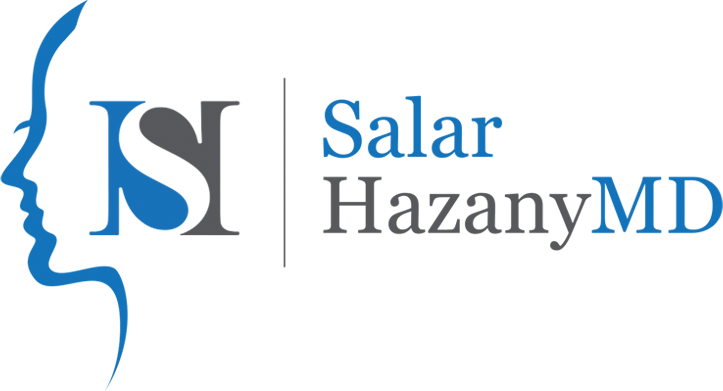
@drcancerkiller
Los Angeles board-certified dermatologist, micrographic dermatologic surgeon, and Mohs micrographic surgeon, Dr. Hazany, of Salar Hazany MD in Beverly Hills provides his patients with world class skincare. He offers skin cancer removal, active acne treatment, acne scarring removal, minimally invasive cosmetic dermatology procedures, and much more to patients of all ages from the greater Los Angeles area and all over Southern California including Beverly Hills, Bel Air, Brentwood, Century City, Westwood, Hollywood, West Hollywood, Santa Monica, Malibu, Venice, Marina Del Rey, Glendale, Pasadena, and the San Fernando Valley.
Contact Us
__________
Working Hours
__________
- Monday
- -
- Tuesday
- -
- Wednesday
- -
- Thursday
- -
- Friday
- -
- Saturday
- Closed
- Sunday
- Closed
Contact Us
Address:
421 N Rodeo Dr Suite T-13, Beverly Hills, CA 90210
Phone:
Fax:
(855) 569-5698
Email:
Hours
- Monday
- -
- Tuesday
- -
- Wednesday
- -
- Thursday
- -
- Friday
- -
- Saturday
- Closed
- Sunday
- Closed
